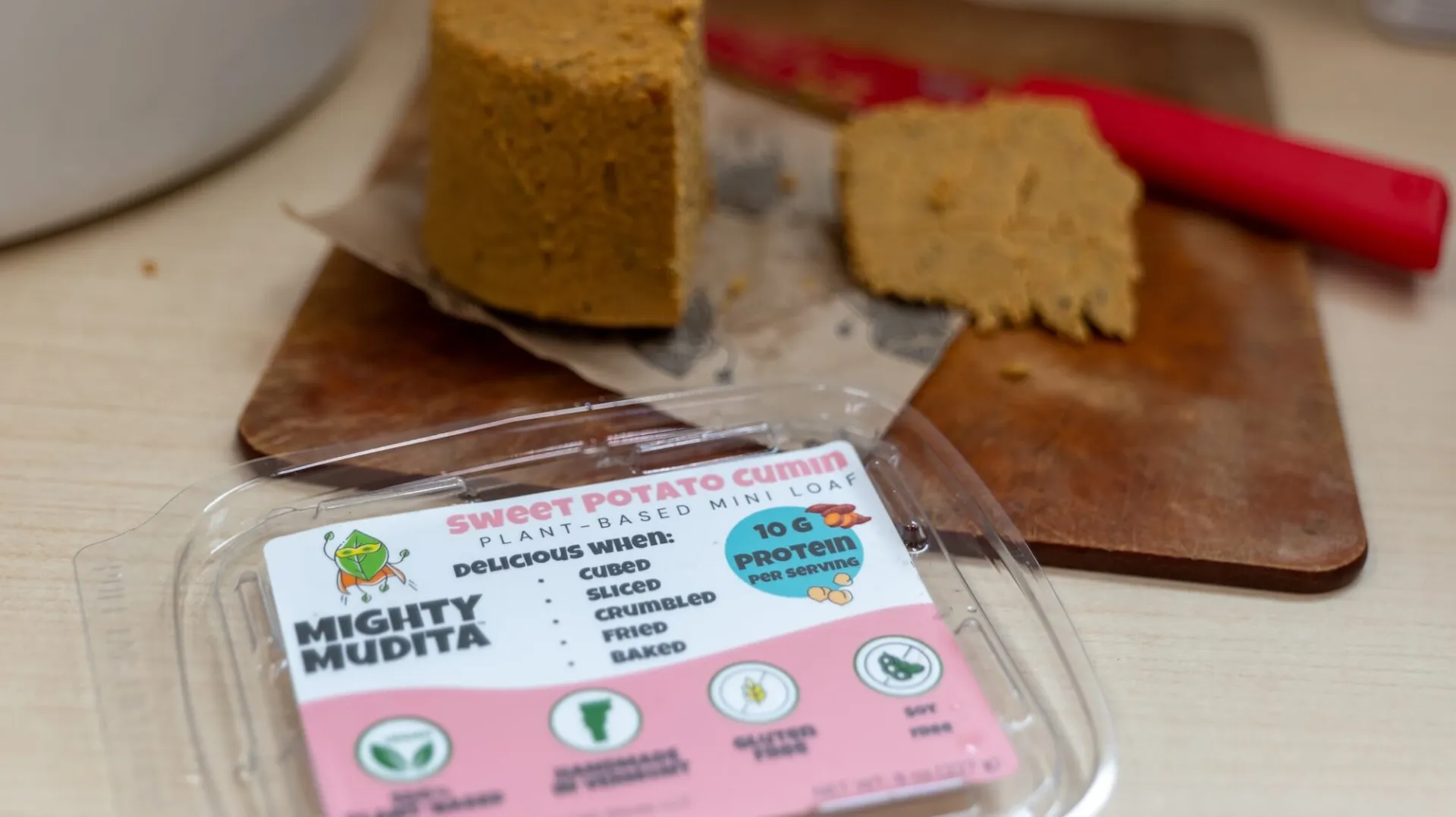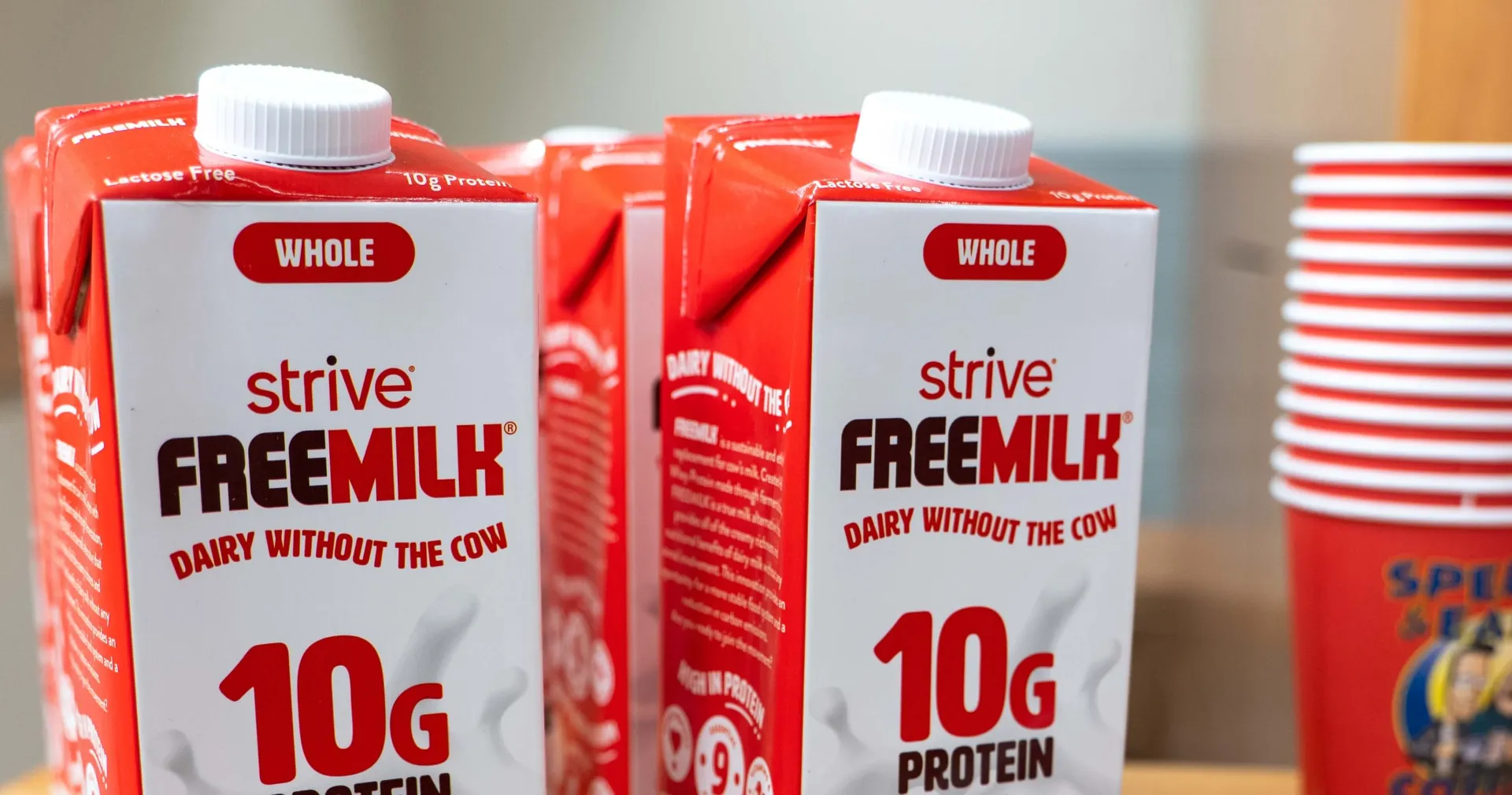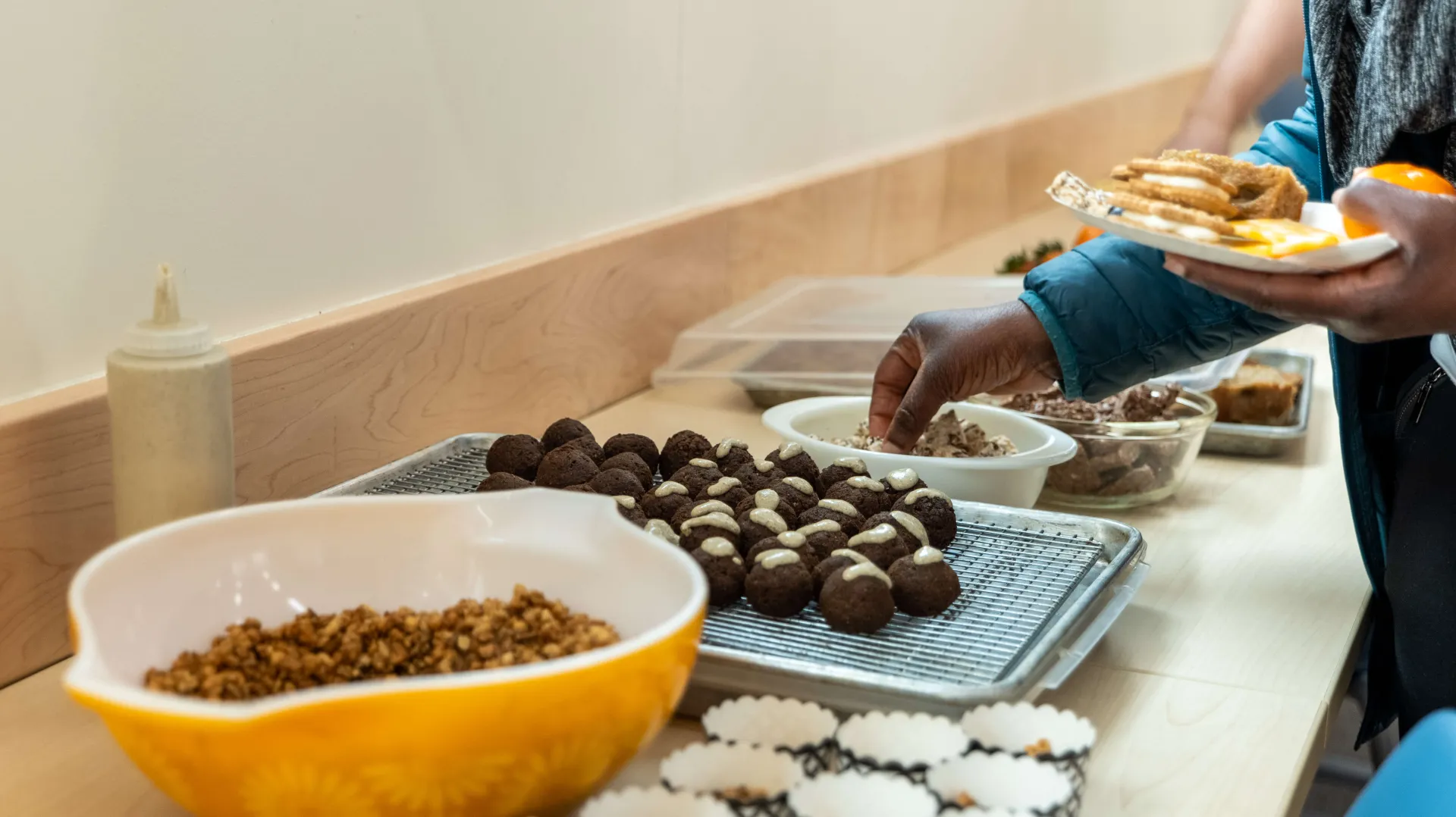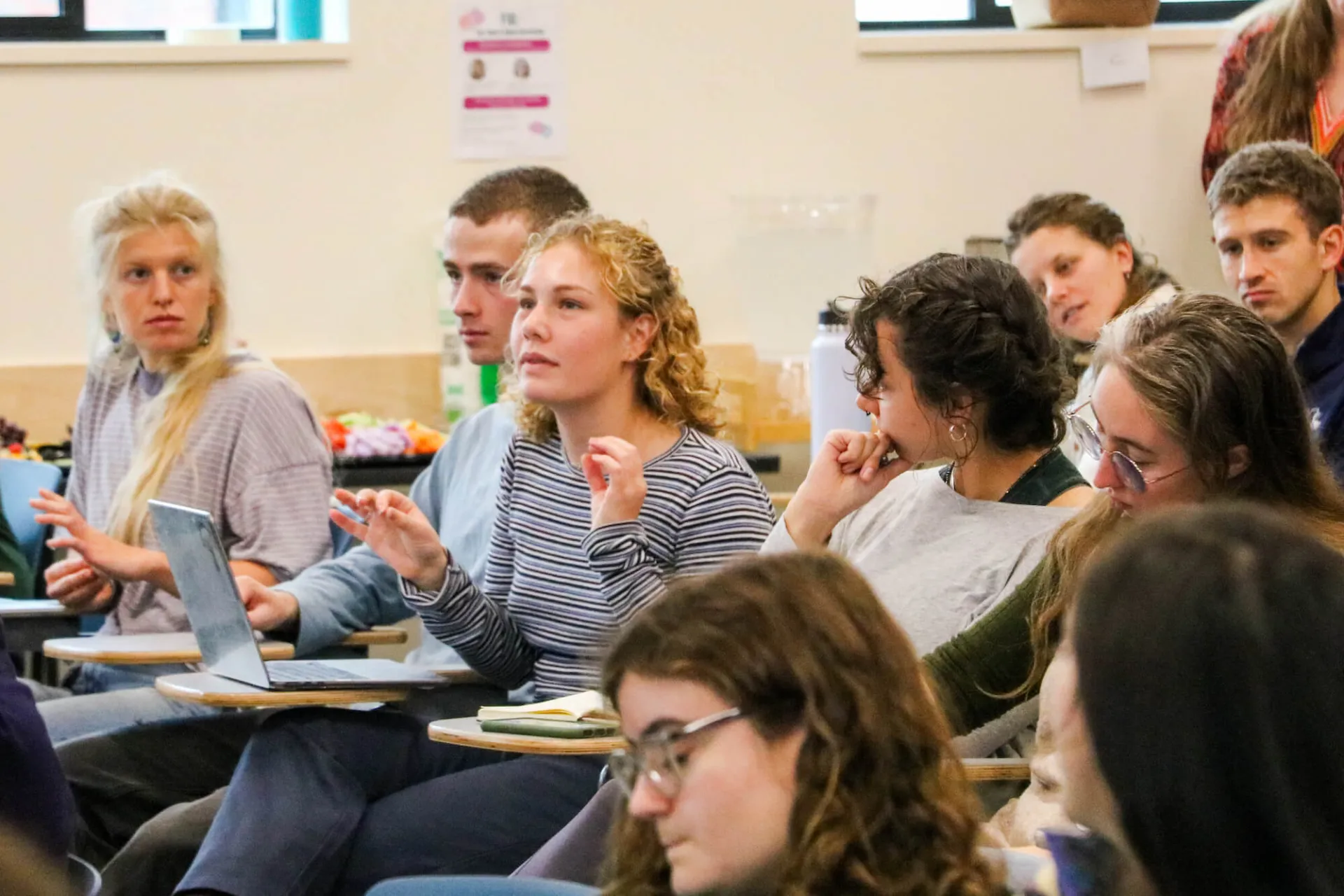The spring 2025 Food and Ideas Gathering concluded last week with a panel discussion on Alternative Proteins and Local Businesses. Emily Belarmino, Assistant Professor in the Department of Nutrition and Food Sciences, facilitated the conversation with Aisha Barrett from Offbeat Creemee, a plant-based ice cream company, and Alex Wild from Mighty Mudita, a plant-based deli slice company.

Both shared their journeys in developing and expanding plant-based businesses in Vermont. Barrett recounted how she initially started a dairy ice cream business in 2019. However, after a friend from a vegan café expressed the need for vegan ice cream options, she and her partner created Offbeat Creemee with a coconut cream and oat milk ice cream recipe. “It took a lot of ugly ice creams and test trials to get to where we’re at today,” Barrett noted.
Emphasizing Vermont's strong sense of community, Barrett stated, “Vermont is very community driven. We prefer to support local businesses, our neighbors, friends, families, and each other, and see each other thrive.”
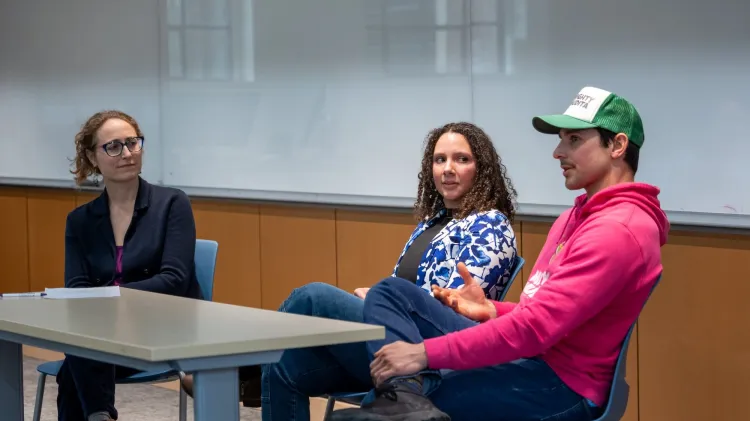
Wild shared how he started Mighty Mudit when he was a middle school science teacher. He would bring sandwiches to lunch daily but longed for a better plant-based alternative to the national brands. Together with his wife, he developed Mighty Mudita seitan slices, which he believes are beneficial for both health and the environment.
Wild attributed his product's success in Vermont to the state's appreciation for quality. “There is a food culture here that supports local food with high-quality ingredients,” he said. “Even if people aren’t specifically seeking out plant-based options, they value high quality and are aware of the implications of large-scale animal agriculture. They might be looking to reduce animal intake and are open to trying new things.”
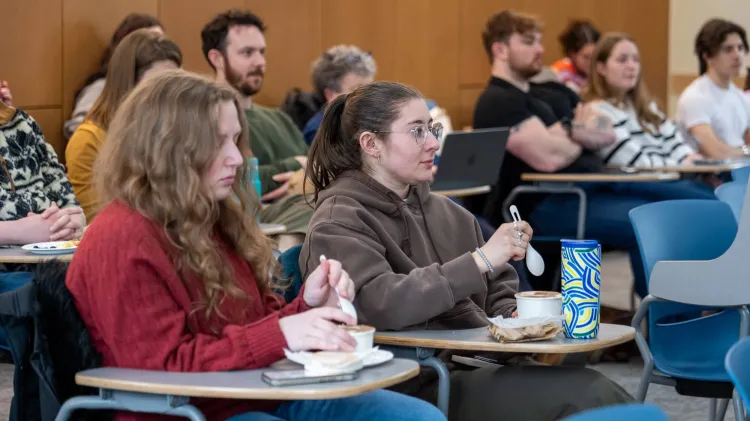
Attendees sampled the products and asked questions regarding food safety, marketing, and growth of these businesses.
This event wrapped up the semester's focus on alternative proteins, with topics from cellular agriculture to sensory evaluations of alternative proteins. Attendees gained insights into alternative proteins, their challenges, and their potential as sustainable protein sources.
Hosted by the Food Systems Research Center and the Food Systems Graduate Program, FIG is a monthly seminar series aimed at fostering research collaboration, building community, and sparking conversations about transdisciplinary food system solutions.
